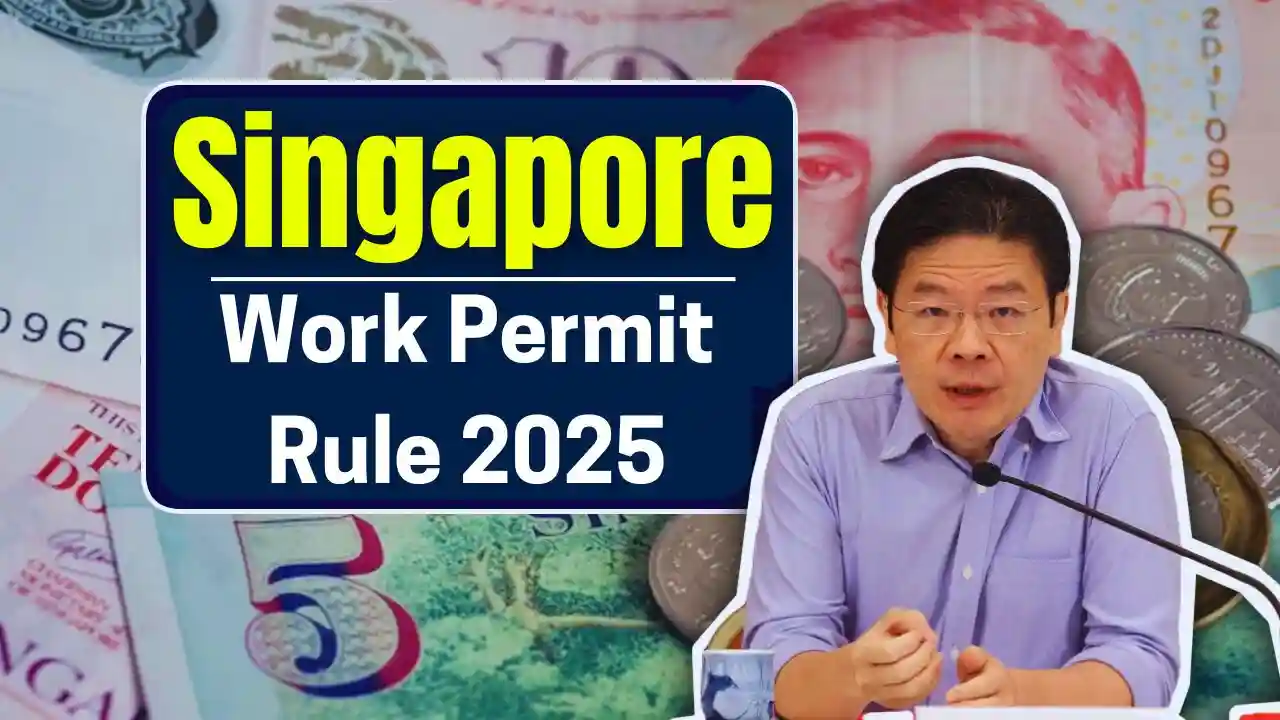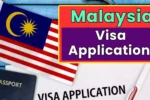The new requirements set by Singapore on work permits and salary have become effective as early as January 2025 for the residents of this place. The goal of these rules is nothing but to keep abreast forward economic advances and address the local workforce changes while securing Singapore as a global business hub.
That is the need for those who wish to avail themselves of what they ought to know.
New Minimum Salary Requirements for Permits Work
To make the job attractive to the most skilled engager and ensure fairness in the salary, Singapore has increased the minimum salary for various work permits. The recent step taking the salary needed for Employment Pass (EP) up to most sectors of more than SGD 5,500, as for special financial services’ roles, the basic minimum is SGD 6,500. The threshold for S Pass, the minimum salary, but has also been hiked to SGD 3,300.
These adjustments should make sure foreign workers meet the standards of Singapore’s cutting-edge labor market and earn their fair wages thanks to their skills.
Industry-Specific Quota Adjustments
Adjustments have been made to restrictions on quotas of foreign workers in select industries, including construction, manufacturing, and services. These industries now have higher Dependency Ratio Ceilings (DRC), which limit the proportion of foreign workers in the mixture of their foreign and local labor forces. This directly encourages local talent to be given priority over hired foreign skilled workers in labor-beauty terms.
Augmented Fair Consideration Framework
New reinforcement has been discussed for the existing Fair Consideration Framework (FCF) now required by employers to have job vacancies rather than only hiring before posts are filled. This change includes intensification of advertising duration and the collection of evidence that reflects the regional effort to recruit. Penalties may be due to such cases of noncompliance.
New Enforcement and Sentence Measures
More stringent measures come into effect through which the practices of illegal hiring are now considered subject to close adherence to regulation of work permit presentations. Employers shall develop conformity documentation and show demonstration of timely submission on issues concerning the remuneration and workforce dependency restrictions. Fines are increased for violations that include underpayment by employers or employers exceeding limitations set for their foreign workers, and the measures are intended to deter any wrongdoings.
Supporting Local Workforce Development
Investments in developing the local workforce coincided with the efforts to consider growth. Such provisions, as in SkillsFuture and Workforce Singapore, are meant to equip local professionals with relevant skills for a global market. In part, developments in these schemes reflect the government’s long-term goal to loosen dependence on foreign labor.
Conclusion
It represents a much-needed nuance in the management of foreign labor that also considers the development of local skills. Ultimately, such changes shall be felt by both employers and foreign workers alike, so they might want to consider keeping abreast on any changes lest they decide to work in Singapore. It is therefore imperative to ensure that a person meets requirements for minimum salary and is informed about strict rules.



